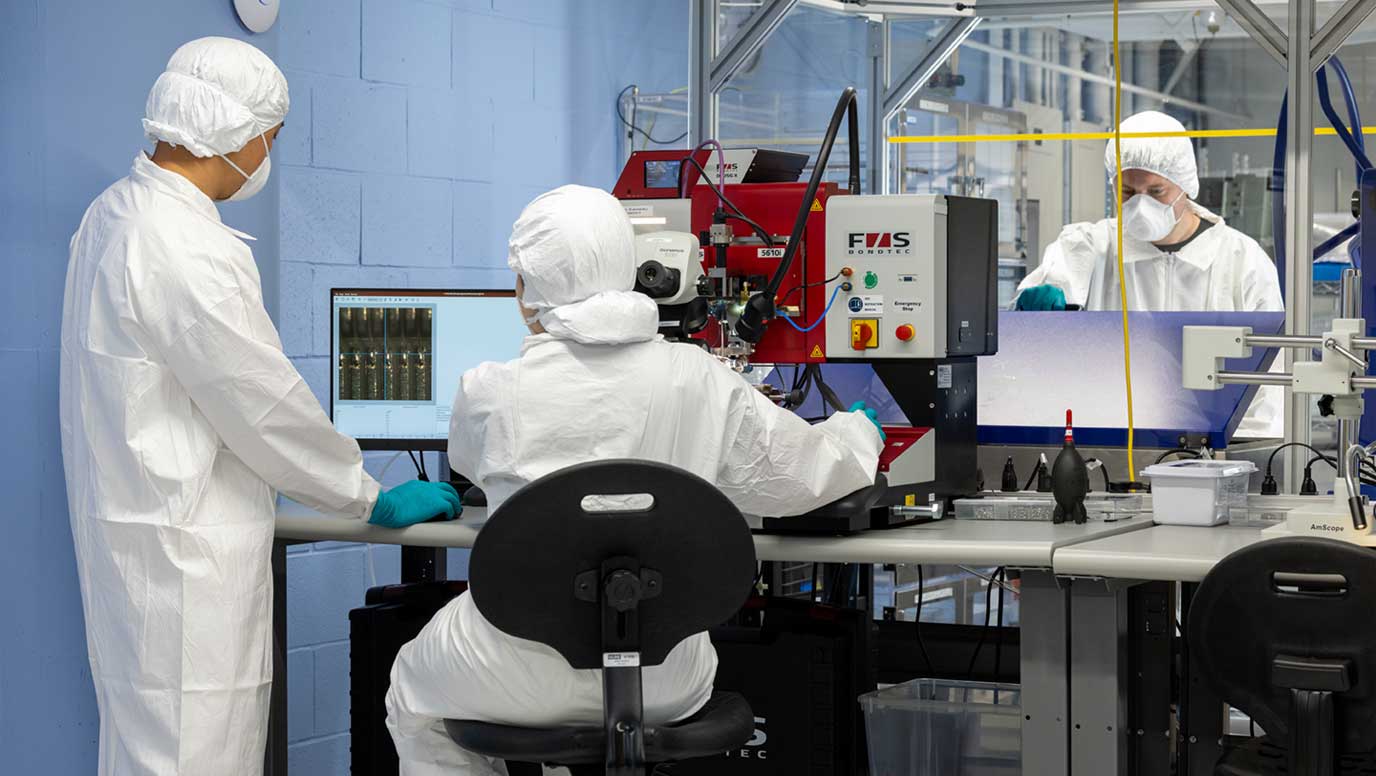Riverlane, Rolls-Royce and Xanadu complete jet engine airflow project

By integrating Xanadu's PennyLane software and Riverlane's state-of-the-art quantum algorithms, the project enabled Rolls-Royce to achieve a reduction in simulation runtimes by orders of magnitude —shrinking calculation costs from weeks to less than an hour, unlocking new prototyping opportunities for the aerospace industry.
Simulating airflow in jet engines is a notorious bottleneck for classical supercomputers, say the transatlantic trio. The many unknown variables that have to be solved in a large system of linear equations result in prohibitively long simulation runtimes, they say.
But quantum computers are well-suited for these systems and are poised to offer a significant advantage: they can potentially accelerate the simulation time exponentially, leading to much faster design processes for large systems.
This collaboration, supported through joint funding between the governments of Canada and the UK demonstrates a maturing partnership for building quantum computing expertise between the nations. Each company brought their own specialised skills and capabilities to the table.
Rolls-Royce provided the core industrial use case; Riverlane contributed novel quantum algorithms; and Xanadu provided optimisations to the quantum-classical program written using PennyLane, highlighting the effectiveness of its Catalyst compiler. The collaboration benefited from leveraging a wide pool of expertise to effectively target the end-to-end prototyping process.
Quantum computing may offer exponential speedups to the most challenging computational simulations, potentially unlocking the next generation of jet engine designs. The tripartite collaboration paves the critical path towards this reality by uncovering and addressing key bottlenecks that apply to a simulation workflow.
Leigh Lapworth, Rolls-Royce Fellow in Computational Science, said: “This has been a hugely successful collaboration, which has significantly advanced our quantum applications capability. The single-minded focus on fault tolerant quantum algorithms has put us and our partners in a leading position as we enter the error-corrected era.”

Christian Weedbrook, CEO and Founder of Xanadu said: “Our efforts here successfully reduced prototyping runtimes by up to 1000-fold in some instances, overcoming the unsustainable wait times of weeks for Rolls-Royce. To make quantum simulations, and more generally quantum computing, practical for Rolls-Royce, we targeted their specific application and used our Catalyst compiler to optimize their PennyLane programs.”
“Our work highlights a critical truth for industrial quantum adoption: bottlenecks won't be solved by isolating quantum from classical computing. We must focus on optimizing the hybrid quantum-classical structure to make these applications present a computational advantage.”
Riverlane is world leader in Quantum Error Correction (QEC) - the technology that unlocks quantum computing’s promise of a new age of human progress. Founded in 2016 as a spin-out from Cambridge University, Riverlane is headquartered in Cambridge and has offices in Boston in the US. The company has over $120 million in private funding, including an $85 million Series C round garnered n 2024.
Christoph Sünderhauf, Staff Quantum Scientist at Riverlane, said: "To solve problems on a quantum computer, certain parameters of the quantum circuit need to be precomputed classically. This process was traditionally very time-consuming. However, our research, along with that of academic groups, has significantly accelerated this step, enabling the classical preprocessing to keep pace with the quantum computation itself.”
Riverlane partners with more than 60 per cent of the world’s quantum computer companies and leading high-performance computing (HPC) centres, to solve the error problem blocking their path to ‘utility-scale’ systems that can transform multiple industries.
Deltaflow, its real-time QEC stack, is interoperable with quantum computers using any qubit modality. It utilises proprietary QEC chips, decoders, and compilers. Deltakit, our software platform, helps quantum developers learn, develop and adopt QEC.
Founded in 2016, Xanadu has become one of the world's leading quantum hardware and software companies. The company recently announced a business combination agreement with Nasdaq-listed Crane Harbor Acquisition Corp – a special purpose acquisition company. The combined company, Xanadu Quantum Technologies Limited (“NewCo”), is expected to be capitalised with approximately US$500 million in gross proceeds.

